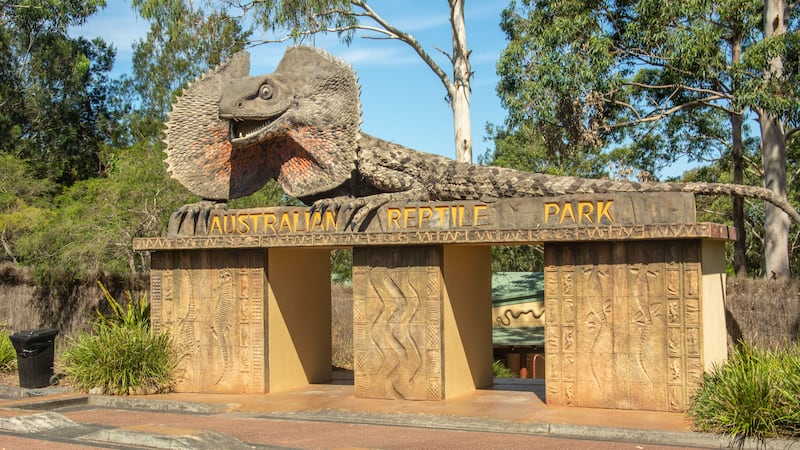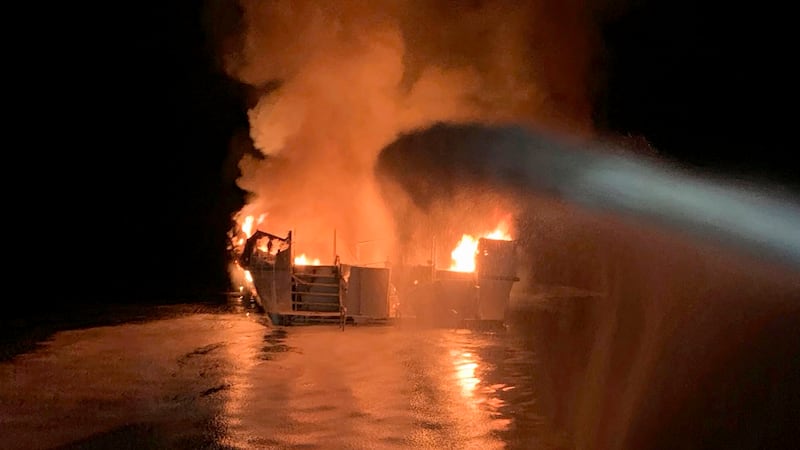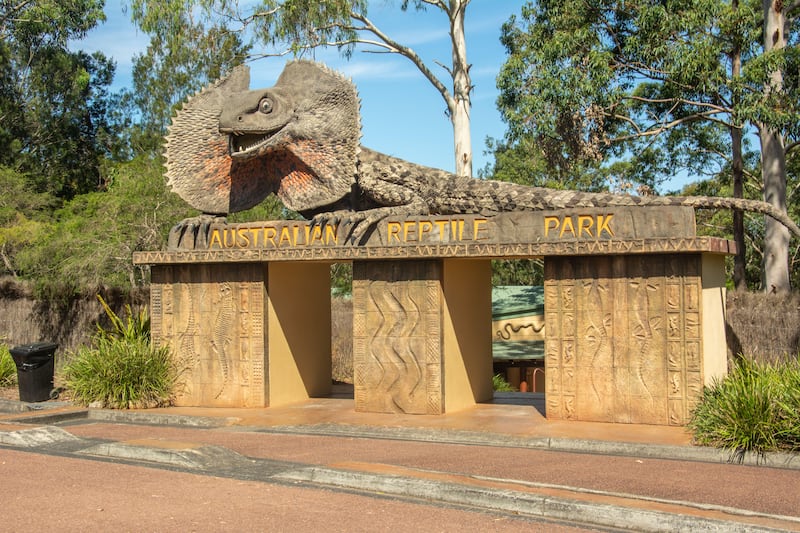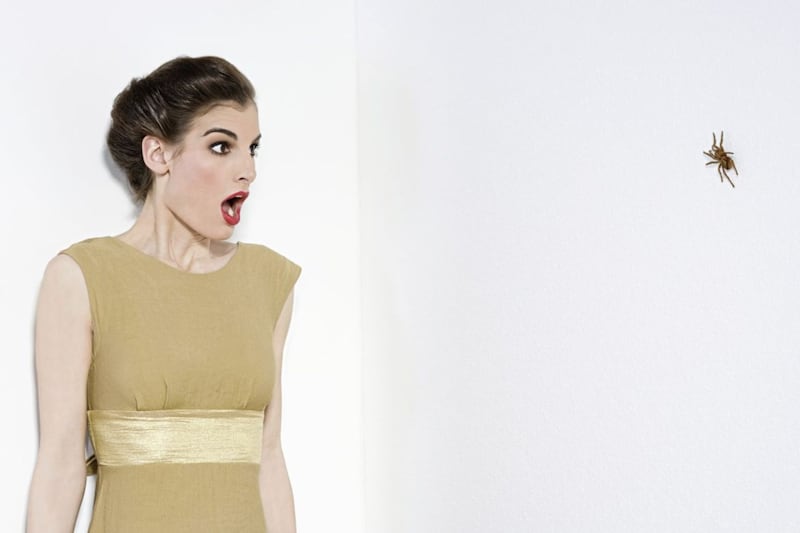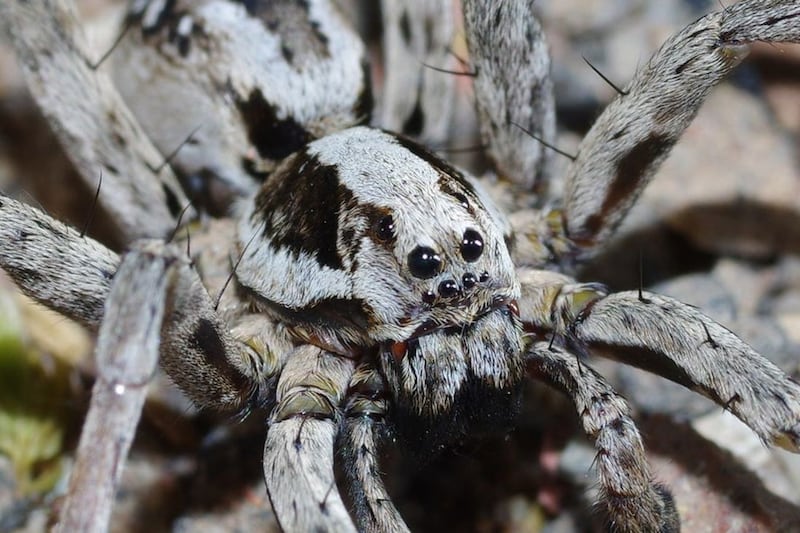With fangs that could pierce a human fingernail, the largest male specimen of the world’s most venomous arachnid has found a new home at the Australian Reptile Park, where it will help save lives after a member of the public discovered it by chance.
The deadly Sydney funnel-web spider, dubbed Hercules, was found by chance on the Central Coast, about 50 miles north of Sydney, and initially given to a local hospital.
Experts retrieved it and soon realised the eight-legged creature, which has fangs that could pierce a human fingernail, is the largest received from the public in Australia.
Hercules measures 7.9cm (3.1 inches) from foot to foot, surpassing the park’s previous record-holder from 2018, the male funnel-web named Colossus.
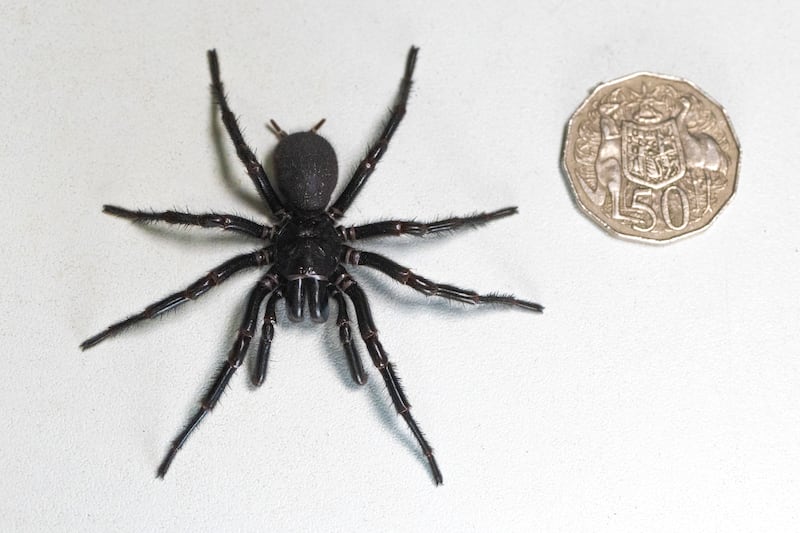
Sydney funnel-web spiders usually range in length from one to five centimetres, with females being generally larger than their male counterparts but not as deadly.
They are predominantly found in forested areas and suburban gardens from Sydney, Australia’s most populous city, to the coastal city of Newcastle in the north and the Blue Mountains to the west.
Hercules will contribute to the reptile park’s anti-venom programme.
Safely captured spiders handed in by people undergo “milking” to extract venom, essential for producing life-saving anti-venom.
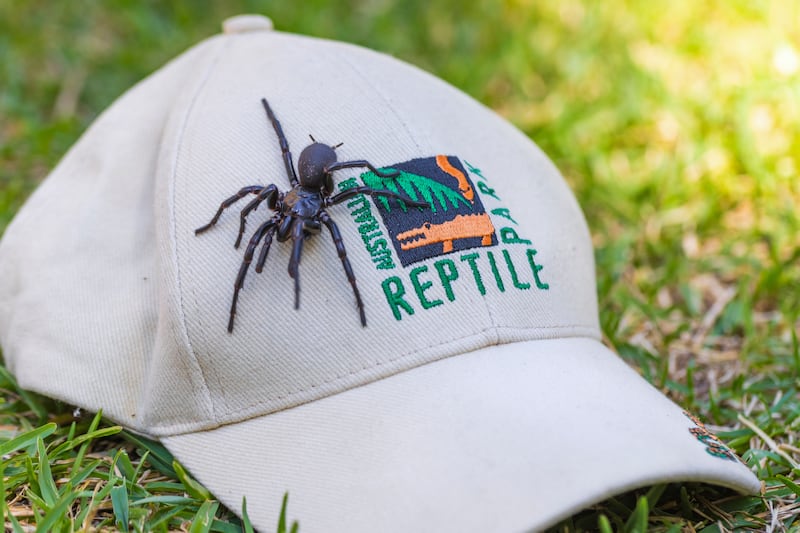
“We’re used to having pretty big funnel-web spiders donated to the park, however receiving a male funnel-web this big is like hitting the jackpot,” said Emma Teni, a spider keeper at Australian Reptile Park.
“Whilst female funnel-web spiders are venomous, males have proven to be more lethal.
“With having a male funnel-web this size in our collection, his venom output could be enormous, proving incredibly valuable for the park’s venom programme.”
Since the programme’s inception in 1981, there has not been a fatality in Australia from a funnel-web spider bite.
Recent rainy, humid weather along Australia’s east coast has provided the ideal conditions for funnel-web spiders to thrive.
